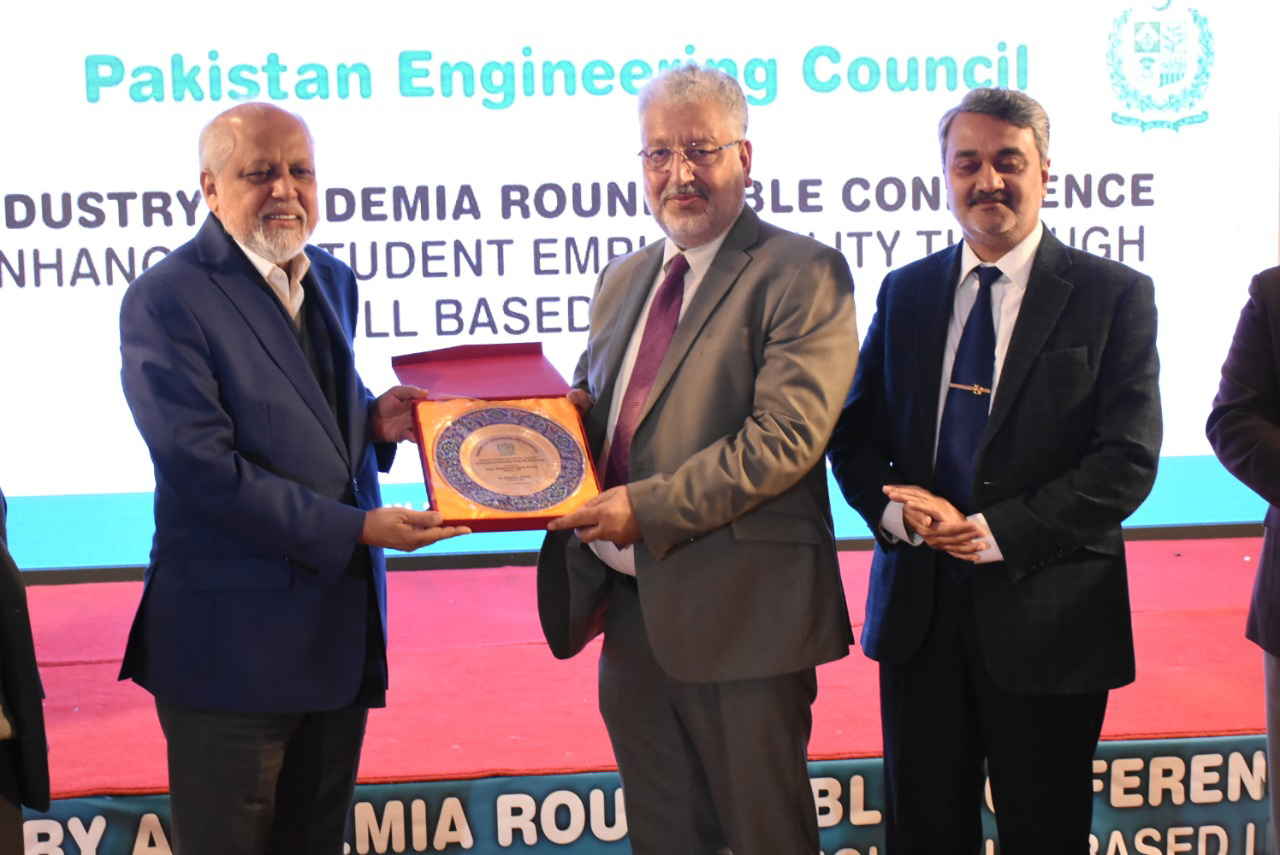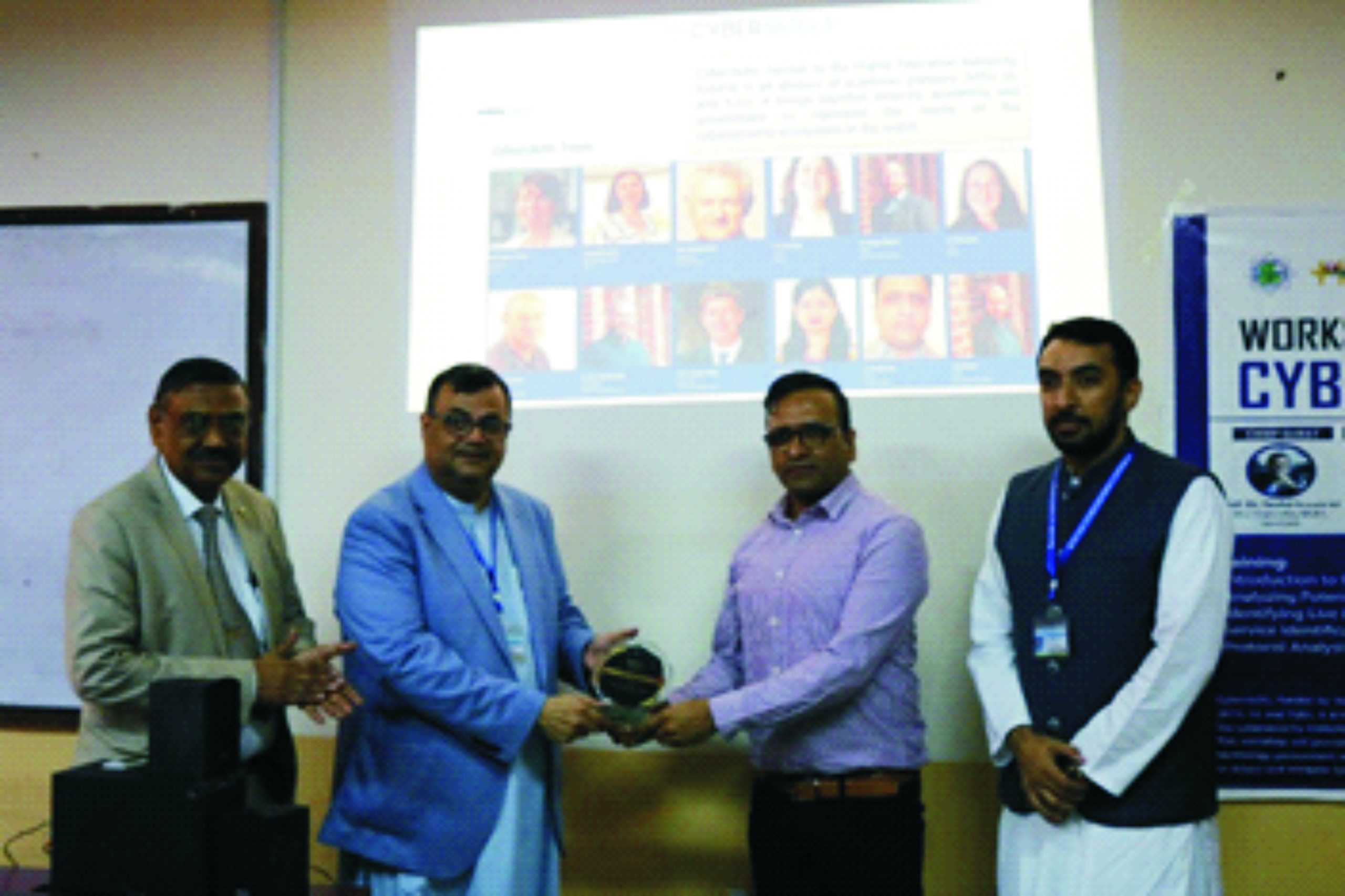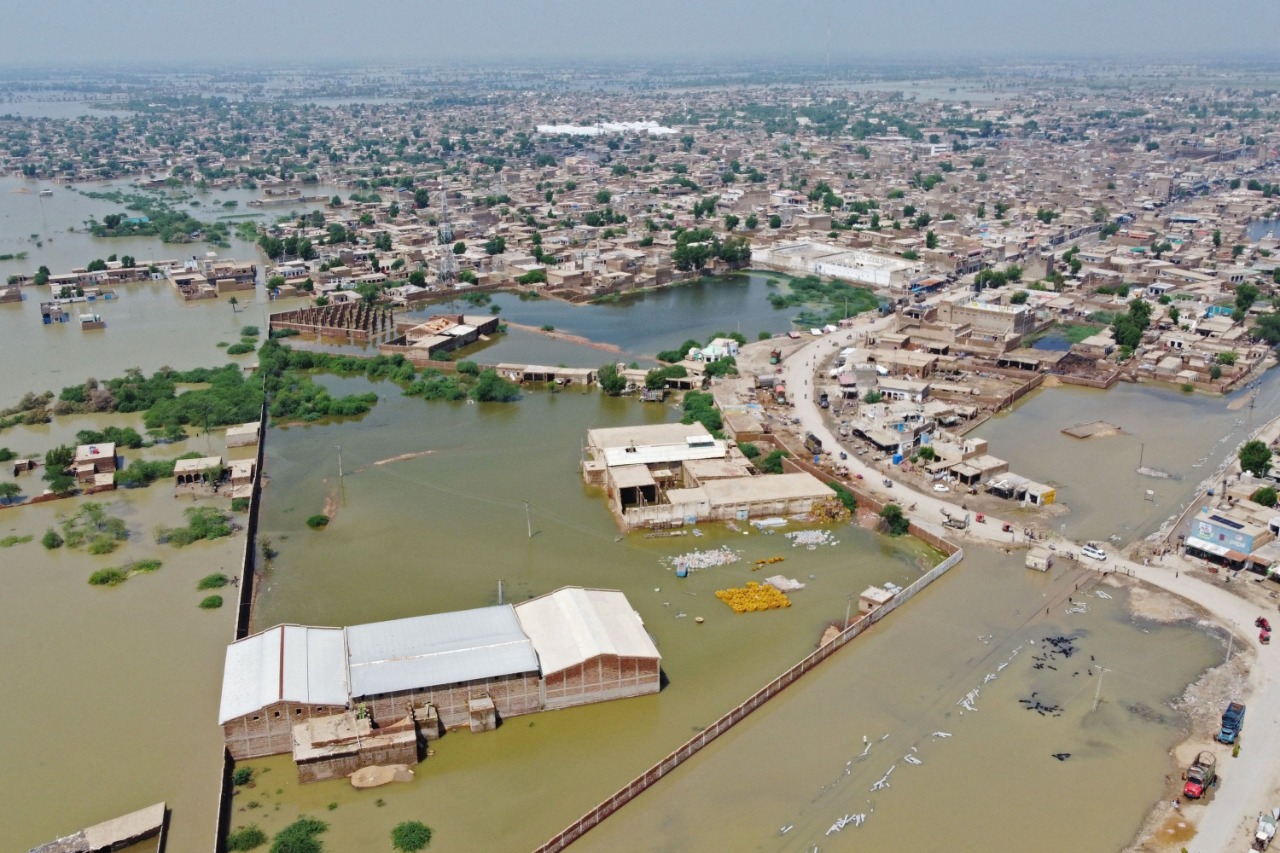What we extracted from AILC’s industry-academia interaction
The moot of over 100 luminaries from academia and industry
displayed an eagerness to work together and introduce reforms
Set aside milestones that the Pakistan Engineering Council (PEC) achieved after Engr. Najeeb Haroon’s takeover





